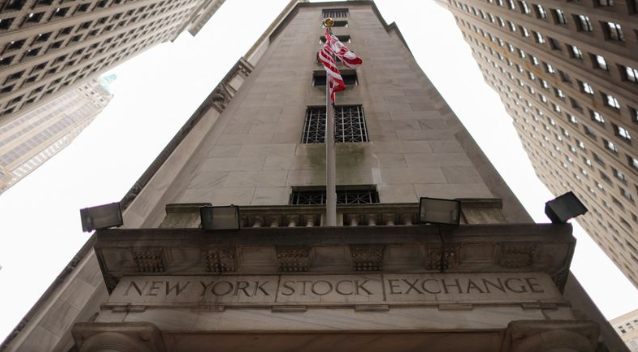As the biggest shopping period of the year approaches, some investors are betting that consumer goods inventories will benefit if inflation continues to fall and retail sales remain strong.
Consumer Equities, a group whose members range from Amazon.com Inc (NASDAQ: AMZN) to automaker Tesla (NASDAQ: TSLA) Inc. for retailer Target Corp (NYSE: TGT), have been hit by a surge in prices, with the S&P Consumer Staples 500 down nearly 33% year-to-date, compared with a decline of nearly 17% for the broader index.
But recent data showed signs that inflation may be easing on stronger-than-expected retail spending, adding to cautious optimism that the economy can avoid a recession or experience only a modest contraction. Investors poured a net $1.05 billion into consumer discretionary stocks last week, the sixth-biggest weekly inflow since 2008, BofA Global Research data showed.
The next Black Friday, the day after the US. The Thanksgiving holiday, traditionally one of the biggest shopping days of the year, may give investors better insight into how far consumers are opening their wallets.
“There are some questions about how strong the consumer really is, so this is going to be a tricky holiday season,” said Edward Yruma, an analyst at Piper Sandler.
“Everyone is looking at consumer power, and so far the consumer is holding back.” Yruma is bullish on retailers Nordstrom Inc (NYSE:JWN) and Target. But he believes it may be too soon to bet on the sector as a whole, as inflation remains high by historical standards, while many on Wall Street fear that the Federal Reserve’s monetary tightening could cause the US to disappear. recession. To be sure, consumer stocks have had more than their fair share of problems this year. Target shares fell on Tuesday after the company warned of “dramatic changes” in consumer behavior that hurt demand. Amazon.com, the world’s largest online retailer, said in October. 27 was bracing for slower growth as “people’s budgets are stretched” due to inflation.
Shares of companies fell 29.6% and 43.5% year-to-date. While retail sales were strong in October, the data suggests delinquencies on subprime auto loans are rising and higher-income buyers are beginning to trade lower, economists at Morgan Stanley (NYSE:MS) said in a note. on Friday.
“The consumer has been a pillar of strength this year, but as rates continue to rise and the job market slows, consumers will have little choice but to spend,” the company’s economists wrote. Bank analysts underestimate the consumer goods sector.
But others see reason to remain optimistic – even in the face of a potential economic downturn.
“Recession concerns are highly valued in this group,” said Jim Paulsen, chief investment strategist at the Leuthold Group. “If we have a mild recession… they’ll do pretty well from here.” He bets that retailer, hotel and restaurant stocks will outperform the rest of the industry next year.
The lower valuations of some companies could also give investors leeway if the economy slows, said Bobby Griffin, an analyst at Raymond James. His company has a strong “buy” of Home Depot Inc (NYSE: HD) stock, which is trading at a 15% discount to its historic futures price-earnings multiple.
“We’ve had this fear of inflation all year and the consumer has held up very well so far,” he said.
At the same time, signs of consumer strength could be a wake-up call for an inflation-fighting Fed, bolstering the central bank’s case for pursuing the monetary policy tightening that has put pressure on markets and sapped risk appetite this year.
Chris Zaccarelli, chief investment officer at the Independent Advisor Alliance, believes that signs that consumers are unaffected by the rate hike could lead to a higher-than-expected spike in the Fed’s rate hike cycle.
